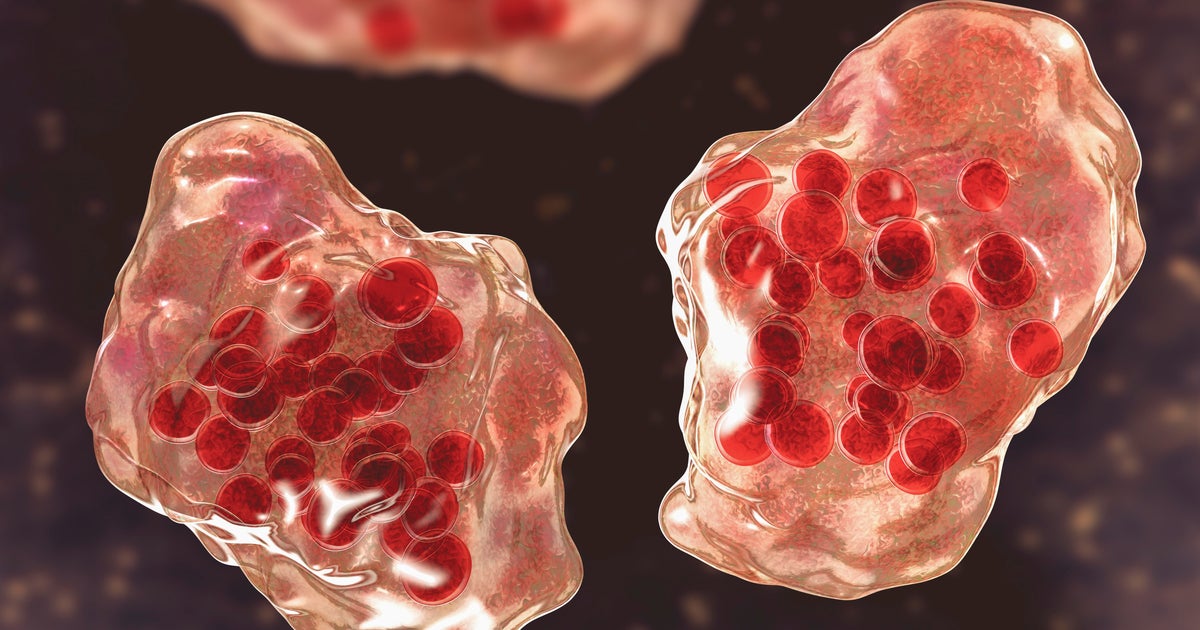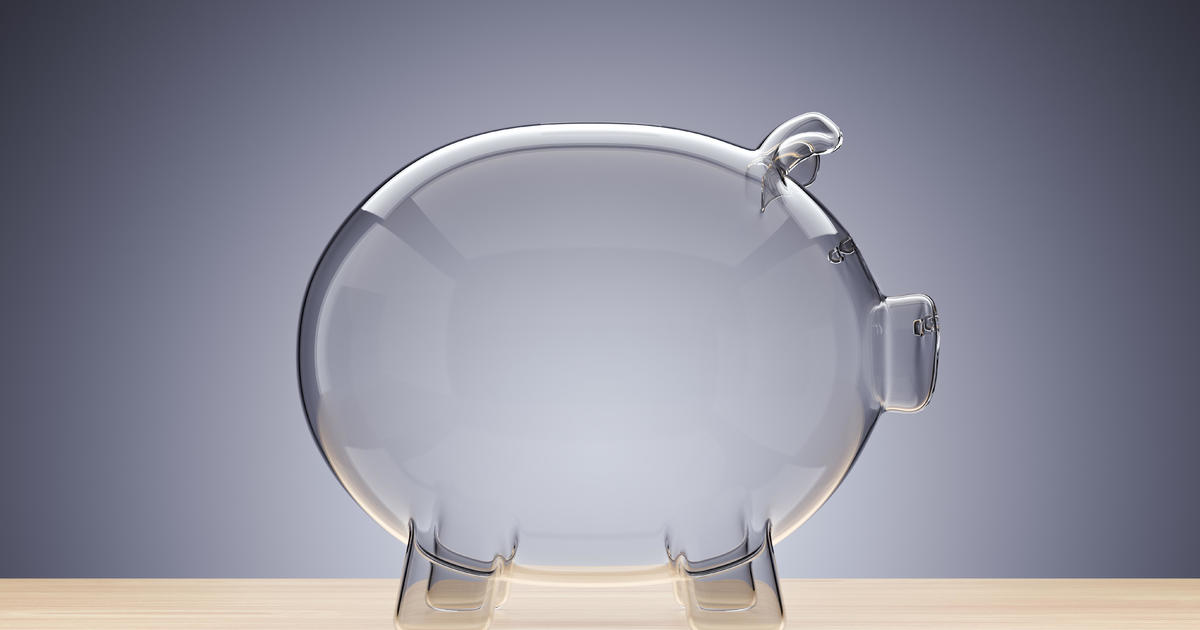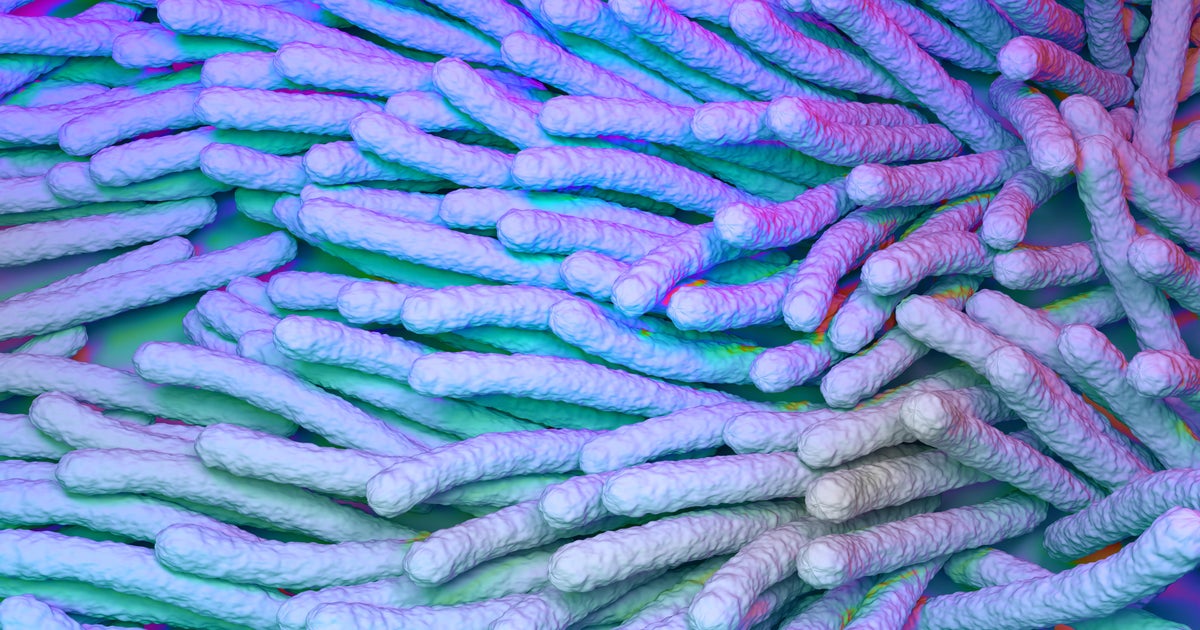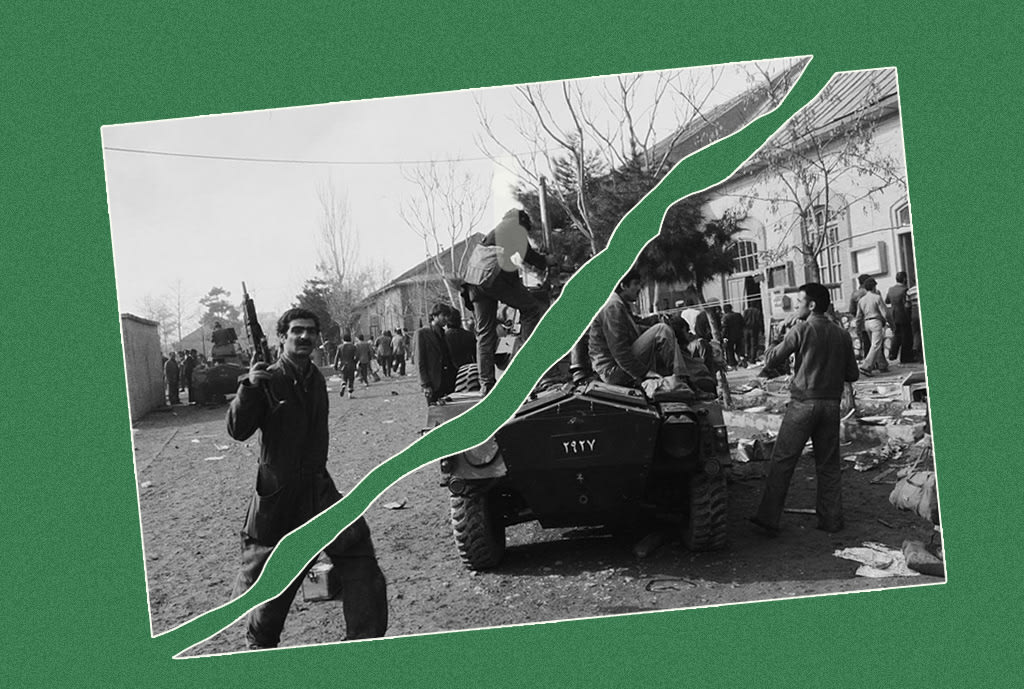India's COVID crisis still snowballing, but help sent from the U.S. is saving lives
New Delhi — India is still recording more new COVID-19 cases every day than any other nation. The World Health Organization said on Tuesday that the seven-day average of new infections had reached a new high in the country, as it labelled one of the variants first found in India a strain "of concern" to the wider world.
India reported 329,942 new coronavirus infections on Tuesday alone, and 3,876 more deaths, bringing the total confirmed number of fatalities from the disease close to 250,000. Experts believe the real toll could be much higher, as only COVID-19 deaths in hospitals are being recorded.
With India's health care system on its knees, Sikh temples in some of its biggest cities have been converted into clinics to help people struck by the coronavirus. But what the country really needs is oxygen. American citizens and companies are among those racing to get help to a desperate population.
As CBS News' Chris Livesay has found in the sprawling Indian capital, a simple lack of oxygen is killing thousands of people infected with COVID.
Desperate family members line up for days to refill oxygen tanks, but with shortages that have taken a deadly toll for weeks persisting, many leave empty-handed.
Some American donors are trying to help fill the gap. Free of charge, United Airlines has just flown about 1,000 oxygen concentrators from New York to New Delhi, with more than 10,000 additional units expected in the coming weeks.
The ones that have arrived were quickly taken to patients around the country of 1.4 billion people.
Dr. Ramanan Laxminarayan is one of the people leading the charge. The world-renowned epidemiologist hung up his lab coat to lead a relief operation dubbed "OxygenForIndia," born out of an effort to rescue his hospitalized friend and colleague, Rahul Thakkar.
"So, 72 hours ago these concentrators were sitting in a warehouse in Arkansas," Laxminarayan told CBS News as he took stock of the much-needed equipment flown in by United. "Now they're here in Delhi."
The machines convert ambient air into medical oxygen, and the scientist is helping to rush them across the capital to desperate patients.
The devices wholesale for only about $500, but to someone with COVID, literally gasping for air, they're priceless.
Jagdeep Kaur, 65, struggled to breathe for three days, until Laxminarayan showed up with the machine from the U.S.
"I'm very happy," she said between deep breaths.
It was a moment of joy for Laxminarayan, too.
"Every time I pick up the phone and open it, it's someone who's died. I'm glad we're able to do this because this is what gets us away from that constant, you know - it's just bad news all the time," he said.
But then came the phone call he'd been dreading. Rahul, his friend they started the program for, had died.
"This was a guy who had a full life ahead of him," said Laxminarayan choking up. "I don't even know what to say."
That's the grim reality in India today: People afraid to answer their phones to hear which friend or relative has just died.
Oxygenforindia.org is just one effort to stop as many of those phone calls as possible.



